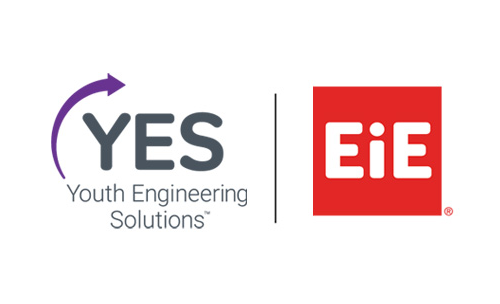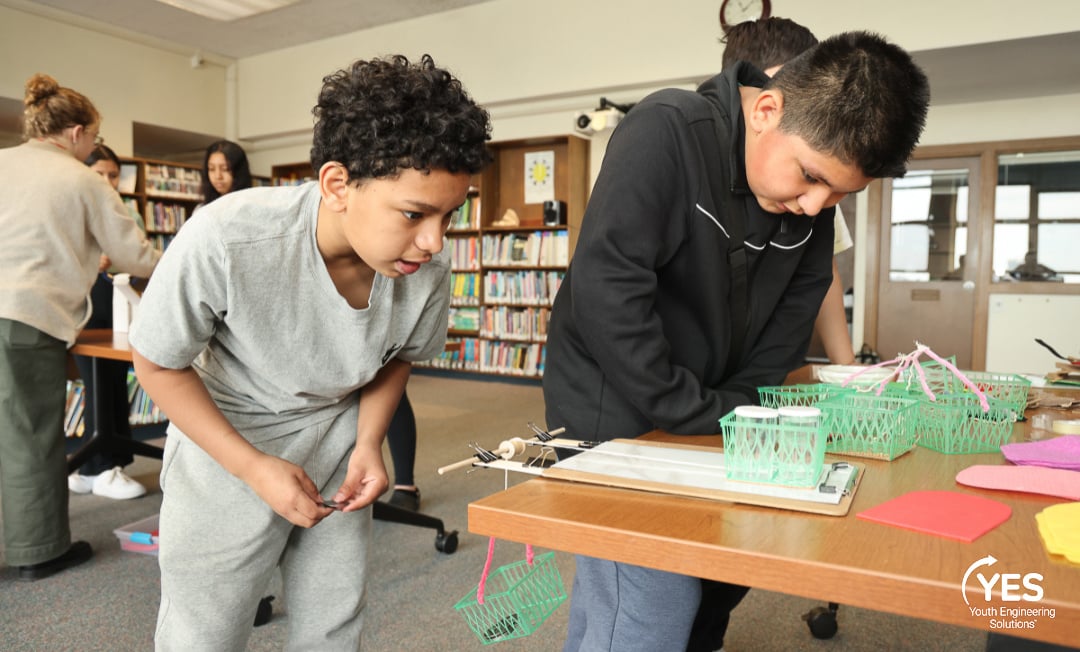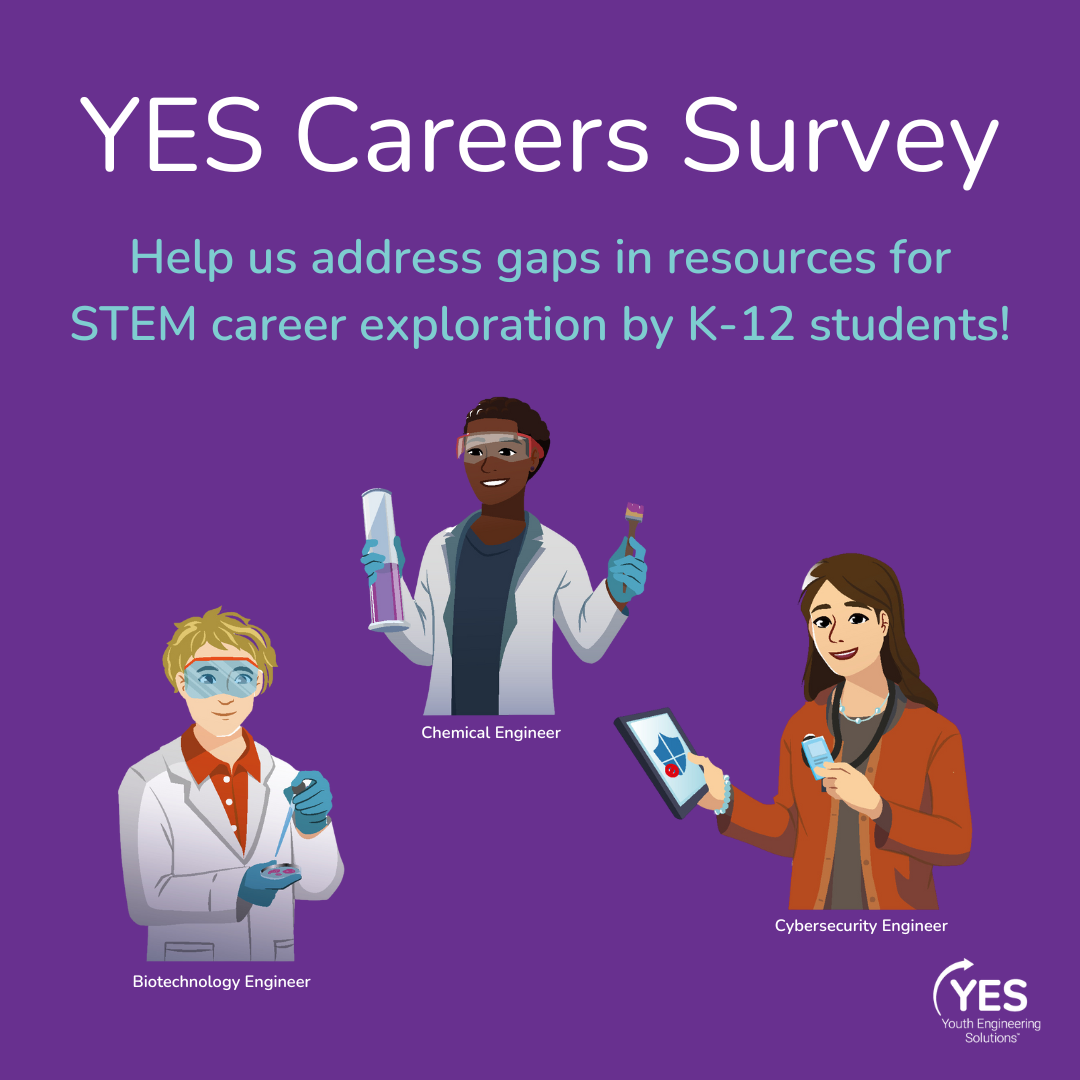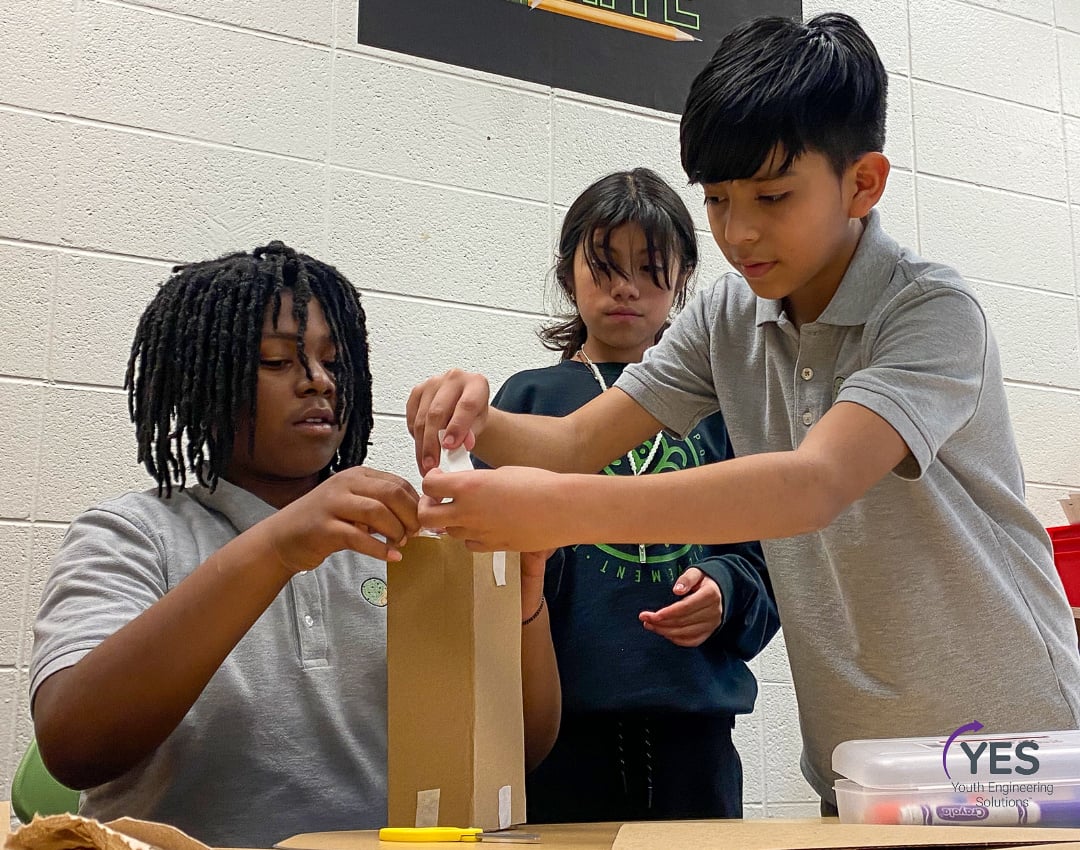World Computer Literacy Day is December 2nd! This celebration of computers began in 2001, founded by the National Institute of Information Technology, an Indian computer company, after research suggested that the majority of computer users around the world were men. What started as an initiative intended to encourage the development of technological skills, particularly among children and women in India, has since expanded with aims to "create awareness and drive digital literacy in underserved communities worldwide.”
Today, being proficient with computer use can make all the difference in a personal or professional life, yet only about 30% of people self-identify as moderately to strongly computer literate. [Source]. Though computers have become more common in our ever tech-driven world, Computer Literacy Day reminds us to contribute whatever we can towards making computers accessible and easy to understand for everyone.
This year, celebrate and promote computer literacy with EiE resources for all ages.
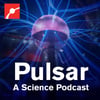 At home, check out the Museum of Science’s podcast, Pulsar, Episode “What is Data?” and learn what data is, watch a YouTube video all about AI, or check out our virtual exhibit The Science Behind Pixar to learn about digital sculpting to create 3D models and virtual cameras to create new, imaginative worlds.
At home, check out the Museum of Science’s podcast, Pulsar, Episode “What is Data?” and learn what data is, watch a YouTube video all about AI, or check out our virtual exhibit The Science Behind Pixar to learn about digital sculpting to create 3D models and virtual cameras to create new, imaginative worlds.
In the classroom, our Computer Science Essentials curriculum promotes computational thinking and digital literacy, and pairs it with socio-cultural learning theory, an approach that emphasizes active participation in the social and material world. Through these structured, hands-on experiences, students make sense and assign meaning to practices, all while using the language and tools of computer science within the proper context.
 For anytime learning, check out the Museum’s virtual exhibit entitled Engineering Stories. In this virtual exhibit you can explore real stories of people using engineering skills of creativity, breaking down problems, and iteration. These videos also emphasize the importance of having diverse voices in coding and computer science.
For anytime learning, check out the Museum’s virtual exhibit entitled Engineering Stories. In this virtual exhibit you can explore real stories of people using engineering skills of creativity, breaking down problems, and iteration. These videos also emphasize the importance of having diverse voices in coding and computer science.
For more computer science resources and activities to celebrate computer literacy, click here! Let us know how you'll celebrate World Computer Literacy Day with your students in the comments.
